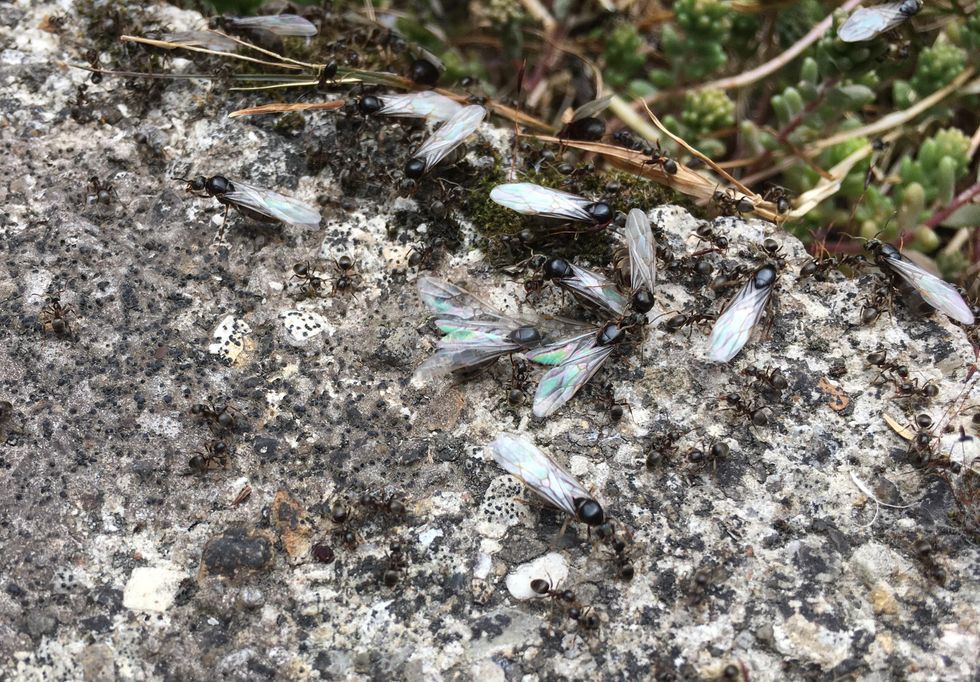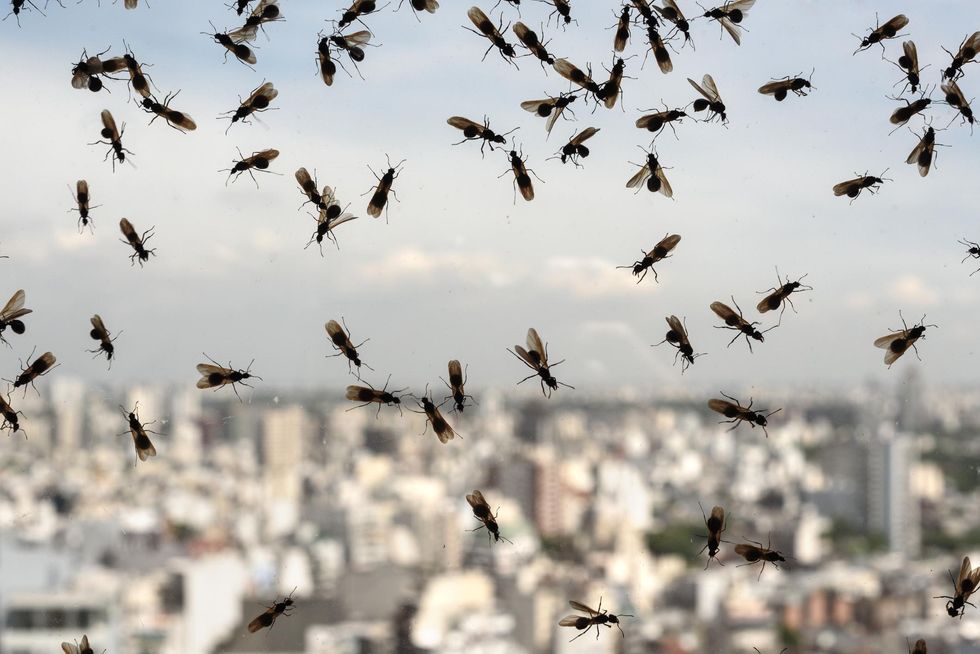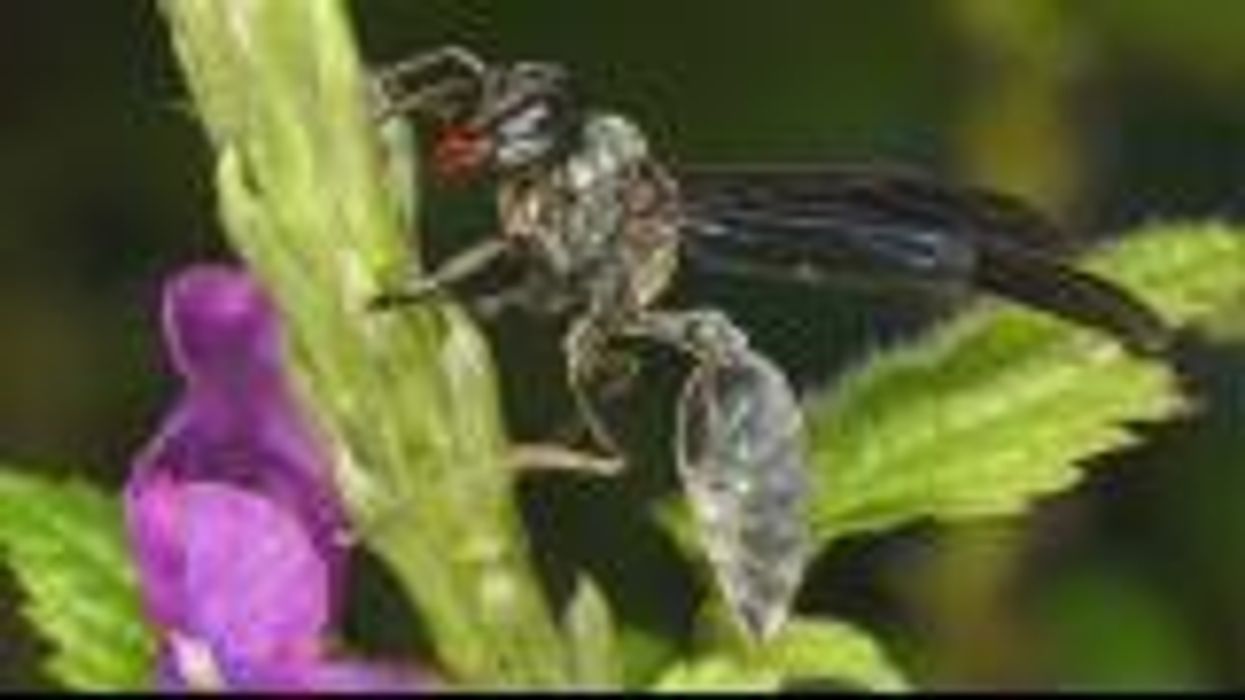Harry Fletcher
Aug 15, 2022
Worst insect stings based on scientist's personal experience
FOX
A natural phenomenon which will be familiar to many people in the UK could be taking place very soon, with flying ant day predicted to be arriving after the recent heatwave.
Britain is now expecting thunderstorms after weeks of intense heat across the country.
Experts are warning that it’s the ideal conditions for flying ant day to take place.
While it’s impossible to predict an exact day, there have been warnings that it could take place any time from August 15 onwards.
But what exactly is it, and why does it happen? Here’s everything you need to know.
What is flying ant day?

When it takes place, flying ant day sees countless insects take to the skies in a bid to avoid the heat.
Chris Bonnett from Gardening Express recently gave his expert advice by saying: “Most of us have been enjoying the heatwave but while we’ve been making the most of the sun, a storm has been brewing.
Sign up to our free Indy100 weekly newsletter
“There is no specific day for Flying Ant Day, it’s usually just around mid to late August and it typically happens after a heatwave.”
He added: “The reason for this being that ants prefer humid weather and they use this time to get on the lookout for a new home and whilst that’s all well and good, it becomes a real nuisance for those of us who enjoy spending time in our gardens and outdoors.
“Ants in the UK aren’t dangerous but they can be extremely irritating.”

Bonnett also went on to give his best advice for dealing with the flying pests, saying that adding washing up liquid to water and spraying them.
He explained: “This trick works just the same way as it would be used on your plants for aphids – just add a generous squirt to a spray bottle filled with water, shake to disperse and get spraying those ants.
“You can also use artificial sweetener, by mixing it with something like apple juice to make it palatable to the ants, but this then creates a paste that is toxic to them.”
He also recommended pouring boiling water in cracks in paving and onto nests in lawns. Sprinkling cayenne pepper and cinnamon in the garden will also deter the insects.
Have your say in our news democracy. Click the upvote icon at the top of the page to help raise this article through the indy100 rankings.Top 100
The Conversation (0)













